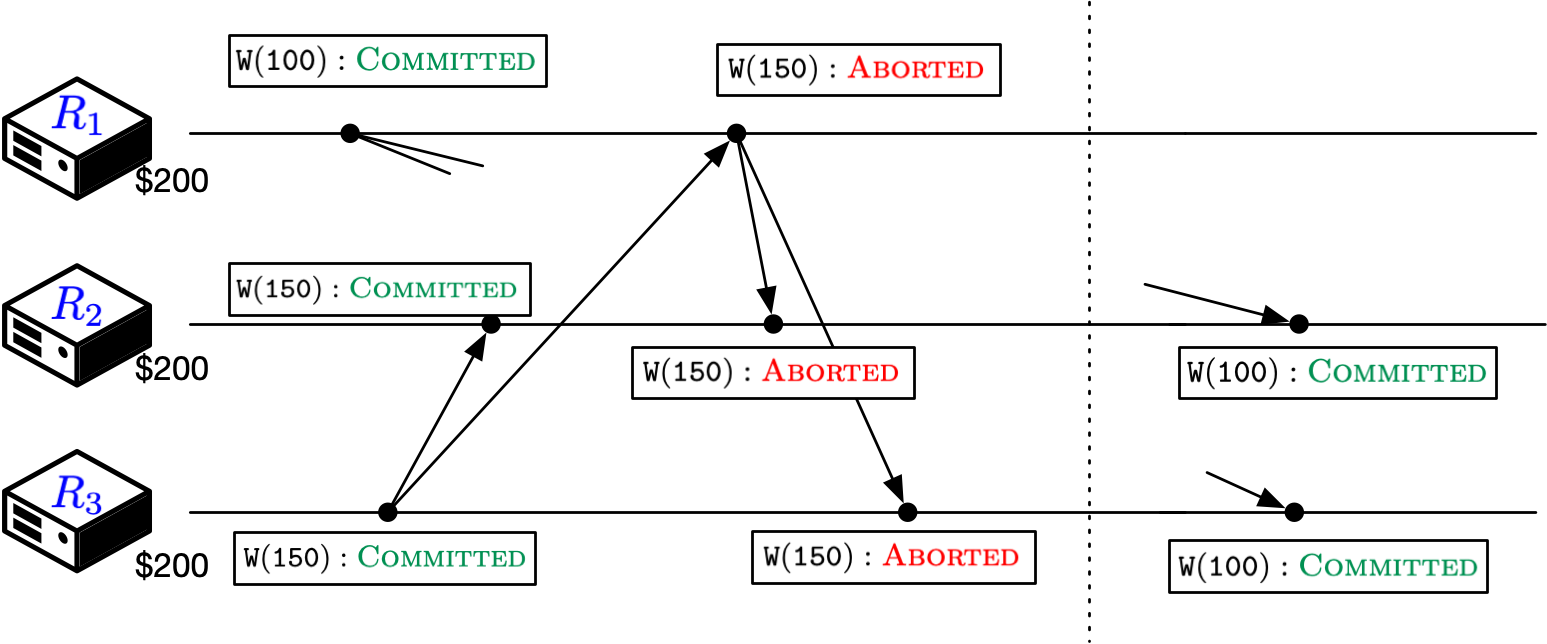This work presents a modified version of the card game Monopoly Deal. It serves as a platform for ongoing independent research on systems and algorithms for sequential decision-making under imperfect information, focusing on classical and modern approaches from game theory and reinforcement learning. It includes models, training pipelines, experiment tracking, and a full web application for human–AI interaction—providing a practical testbed for studying complex games.
Play against the AI: monopolydeal.ai
The platform is designed to be modular, extensible, and interactive. It consists of the following components:
- Model Training: Training loops and experiment tracking via Weights & Biases
- Backend API: FastAPI-based service managing game state
- Frontend Web App: React/Next.js interface for human-AI gameplay with real-time state visualization
- Database: PostgreSQL for game metadata and individual game tracking
- Deployment: Docker-based deployment to Google Cloud Run
Before getting started, ensure you have the following installed:
- uv for Python package management: docs.astral.sh/uv/
- npm for Node.js package management: nodejs.org
- PostgreSQL 15+: postgresql.org
- dbmate for database management: github.com/amacneil/dbmate
- just command runner: github.com/casey/just
- Docker & Docker Compose: docs.docker.com
- direnv for environment variable management: direnv.net
For development with hot reloads (and non-trivial setup):
Access the application:
- Frontend: http://localhost:3000
- Backend API docs: http://localhost:8000/docs
For development without hot reloads but with easier setup:
Access the application:
- Frontend: http://localhost:3000
- Backend API docs: http://localhost:8000/docs
- models/cfr/ - Counterfactual regret minimization implementation and training tools
- app/ - Backend API service and database models
- frontend/ - React web application
- game/ - Core game logic and state management
- db/ - Database schema and migrations
The web application uses a standard microservices architecture with FastAPI backend, React frontend, and PostgreSQL database:
- FastAPI Backend: RESTful API handling game state and model inference
- React/Next.js Frontend: Type-safe web interface for human-AI interaction
- PostgreSQL Database: Stores game metadata and individual game results
- Docker Containerization: Multi-stage builds with single container per service
- Google Cloud Run: Deployment and liveness probes
- Fault Tolerance: Reconstruct game state from database logs when cache fails
The CFR learning pipeline parallelized CFR trainining, experiment tracking, and checkpoint management:
- Ray: Multi-core parallelization with shared memory for CFR self-play rollouts
- Weights & Biases: Experiment tracking with metrics logging
- Kubernetes Jobs: Training infrastructure on GKE with configurable CPU/memory resources
- Checkpoint Management: Model checkpointing to GCS
- Evaluation: Model evaluation against different opponents (random, risk-aware)
- State Abstraction: Configurable abstractions to reduce game tree complexity
- Reproducibility: Git commit tracking, random seeds, and deterministic training
- Designing a System for Counterfactual Regret Minimization in Monopoly Deal (in progress)
This project is licensed under the Apache License 2.0. See LICENSE for details.
This project implements a modified version of Monopoly Deal for research purposes. "Monopoly Deal" is a trademark of Hasbro. This is not an official product.
If you use this work in your research, please cite:
.png)



